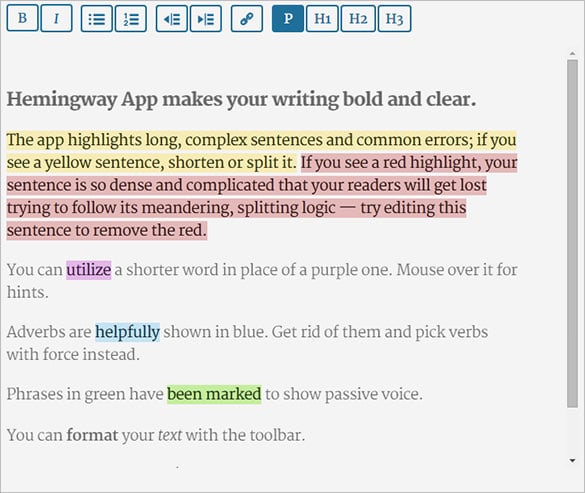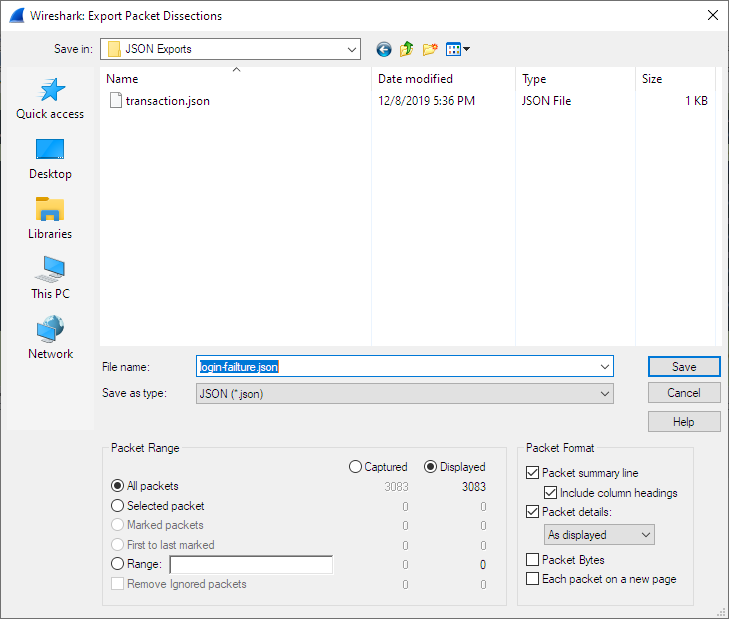

- #Save a plain text as a microsoft query for mac how to
- #Save a plain text as a microsoft query for mac code
#Save a plain text as a microsoft query for mac how to
This guide will teach you how to build a Language Client / Server using our Node SDK. Although the PHP Language Server is written in PHP, it can still communicate with the PHP Language Client through LSP. Each of them instantiates a corresponding Language Server and communicates with them through LSP. The HTML Language Client and PHP Language Client are normal VS Code extensions written in TypeScript. Here is an illustration of VS Code running two Language Server extensions. As language analysis tools are often heavy on CPU and Memory usage, running them in separate process avoids performance cost.The analysis tool can be implemented in any languages, as long as it can communicate with the Language Client following the Language Server Protocol.Language Server: A language analysis tool running in a separate process.Īs briefly stated above there are two benefits of running the Language Server in a separate process:.This extension has access to all VS Code Namespace API. Language Client: A normal VS Code extension written in JavaScript / TypeScript.In VS Code, a language server has two parts: Point you to some advanced topics on Language Servers.Explain how to run, debug, log, and test the Language Server extension.Explain how to build a Language Server extension in VS Code using the provided Node SDK.LSP is a win for both language tooling providers and code editor vendors! Furthermore, any LSP-compliant language toolings can integrate with multiple LSP-compliant code editors, and any LSP-compliant code editors can easily pick up multiple LSP-compliant language toolings. This way, Language Servers can be implemented in any language and run in their own process to avoid performance cost, as they communicate with the code editor through the Language Server Protocol. To solve those problems, Microsoft specified Language Server Protocol, which standardizes the communication between language tooling and code editor. This makes implementing language support for M languages in N code editors the work of M * N. From code editors' perspective, they cannot expect any uniform API from language toolings. From language toolings' perspective, they need to adapt to code editors with different APIs. Those operations could incur significant CPU and memory usage and we need to ensure that VS Code's performance remains unaffected.įinally, integrating multiple language toolings with multiple code editors could involve significant effort.

For example, to correctly validate a file, Language Server needs to parse a large amount of files, build up Abstract Syntax Trees for them and perform static program analysis. However, while implementing support for language features in VS Code, we found three common problems:įirst, Language Servers are usually implemented in their native programming languages, and that presents a challenge in integrating them with VS Code, which has a Node.js runtime.Īdditionally, language features can be resource intensive. With Language Servers, you can implement autocomplete, error-checking (diagnostics), jump-to-definition, and many other language features supported in VS Code. Language Server is a special kind of Visual Studio Code extension that powers the editing experience for many programming languages. You can also jump directly to the code in lsp-sample.



 0 kommentar(er)
0 kommentar(er)
